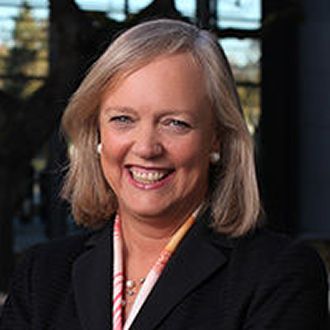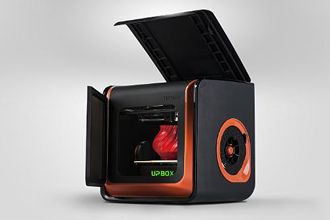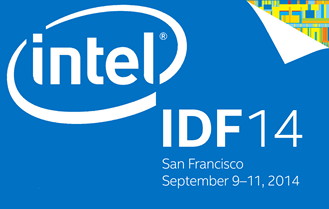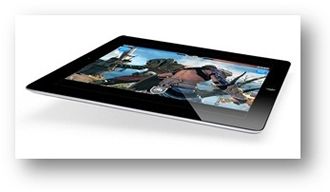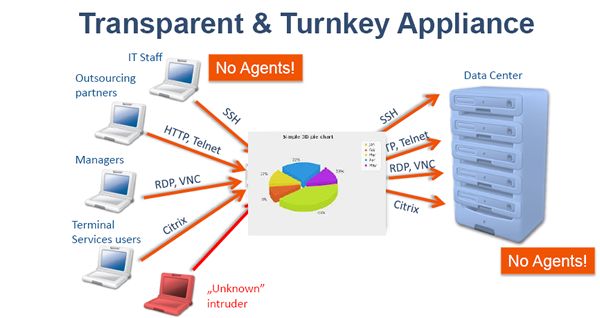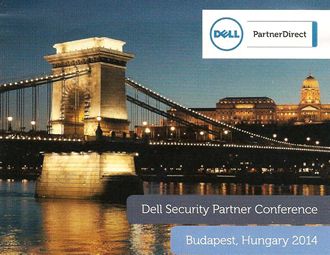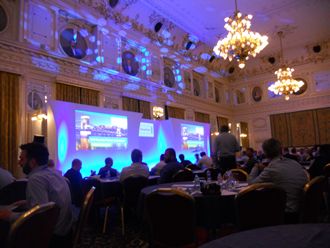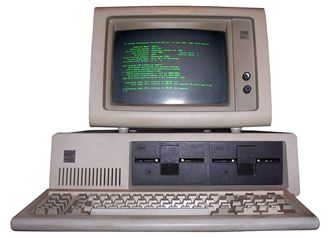 Hard evidence shows that UK councils behave far worse than Google and employ cameras to check whether their own employees and residents follow the made up rules council officials operate.
Hard evidence shows that UK councils behave far worse than Google and employ cameras to check whether their own employees and residents follow the made up rules council officials operate.
It has emerged CCTV cameras follow every movement of the binmen as they pick up wheelie bins, and binmen are called to task if they get a tiny iota wrong.
A letter from a man called Robert Brown – waste and recycling operations manager at Oxford City Council, a functionary for the body – confirms that a corporation operating binmen has cameras watching all the time to see what both their employees and residents are up to.
We have asked for full YouTube footage of the probably daily snooping, by back door cameras watching both employees and residents, in the hope there might be transparency.
Brown said to a resident of back water Mill Street, in Oxford: “We have taken the time to check out our inboard cameras and can confirm that your bin was not presented correctly when our operatives came to service your street.”
The resident told TechEye: “My bin was where it had been for the last four and a half year years. It is a narrow street and I would not care to put a bin on the pavement because people are trying to take their children to school and walk on the narrow street.”
Oxford City Council’s Brown produced one sample of video and four photographs to demonstrate the local resident was in the wrong, but posed the question to TechEye about surveillance of both staff and the people that pay Oxford City Council’s functionary bills.
A local resident told TechEye – on conditions of anonymity – that the binmen had been happy to deliver the blue bin to its inevitable consignment in a Grunwald’s vehicle but that he was puzzled that what she thought was a mistake on the behalf of the binmen, turned out to be an act of mass surveillance.
At press time, Oxford City Council was unable to reply because they only operate between the hours of nine to five, Monday to Friday. We’ll try tomorrow to get a definitive answer from Robert Brown – that is to say his representatives on earth, the press officers at Oxford City Council.
As you can see, from the pictures, below there is a lack of cohesive advice to both binmen and residents. We at TechEye are also concerned at the lack of transparency and intrusion from Oxford City Council and its representatives. More on Tuesday.


